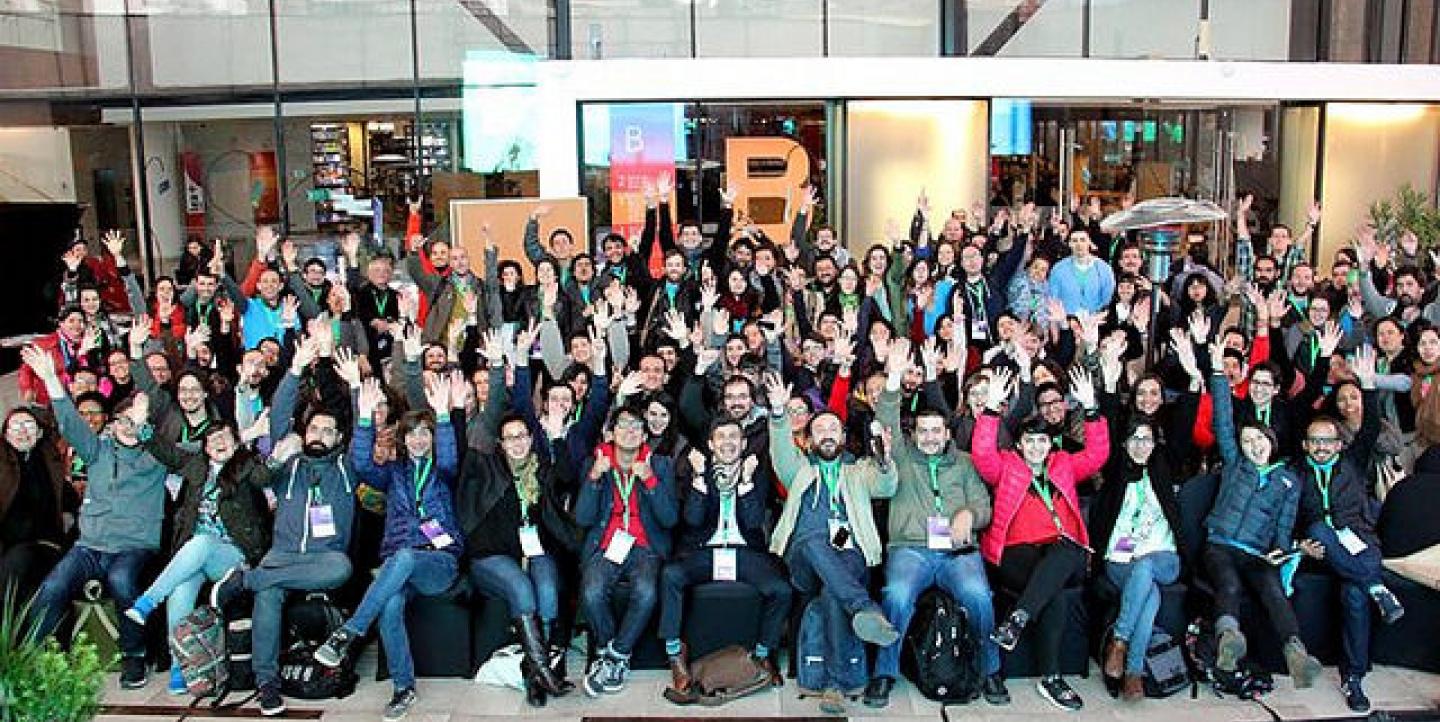The open data scene has increased significantly in most Latin American countries. Open data advocates from technology groups and civil society are continuously pushing the agenda with governments and also generating publicly available data on their own since 2011.
In 2014, a regional open data research initiative, ILDA, was launched to promote and assess the impact and evolution of open data in the region. And, in the past year some governments have launched open data portals and started opening national and local programs.
Despite the fact that the open data scene involves mostly civil society advocates and governments, specific efforts have been made to include key stakeholders, such as journalists.
This September, alongside NGOs, activists, data scientists and government officials, journalists from Mexico, Guatemala, El Salvador, Costa Rica, Bolivia, Perú, Brazil, Argentina, Chile and Uruguay actively participated in Latin America’s annual open data unconference (AbreLatam) and conference (ConDatos) in Santiago, Chile.
As has happened previously in Montevideo, Uruguay, (2013) and Mexico City, Mexico (2014), different open data advocates and users from almost all Spanish and Portuguese speaking countries on the continent gather to discuss issues surrounding data openness and use, share project experiences and lessons learned, and collaboratively address endeavors and common challenges.
Investigative and data journalists have traditionally been gathering, using and even opening data in Latin America facing very different levels of public data access. Even in contexts where access to information laws don't exist or enforce providing data in open formats, projects have gathered data sources and have run projects to make that data publicly available and usable.
Projects like La Nación Data’s project Voz Data and Ojo-Público’s project Cuentas Juradas have proven that journalistic projects can provide both usable data on a country’s most basic information and generate in-depth stories with great impact. And, as data journalism units increase in the region, journalists show that they are one of the main “infomediaries” in this new ecosystem and have the capacity to analyze what happens in society, uncover unlawful practices and tell stories based on data.
During AbreLatam and ConDatos, the role of journalism in the open data community was complimented but also challenged. Both civil society organizations and government need to know more about how journalists generate and use data in their everyday work. Journalistic practices would definitely strengthen other data users projects and activities.
If government officials worked more closely with data journalists, they would have better insights on public data demand increasing their focus on data opening efforts and would receive more detailed feedback on public open data quality.
On the other hand, Latin American data journalists are eager to have more data that besides being publicly accessible can be easily usable and machine readable. The lack of open data is seen as one of the elements that limits data journalism in the region to the extent that it was common to hear from journalists the claim that, “If there was enough open data in my country, we could be producing stories every day.”
In the past couple of years, efforts have been made to break traditional silos and bring technologists, journalists and civil society organizations together. As an ICFJ Knight Fellow I have fostered the growth of multidisciplinary projects and data-driven communities in the region. The number of journalists participating in the open data communities is increasing and their active participation will be key to strengthening journalism and the open data agenda.
Image CC-licensed on Flickr via Abre Latam

